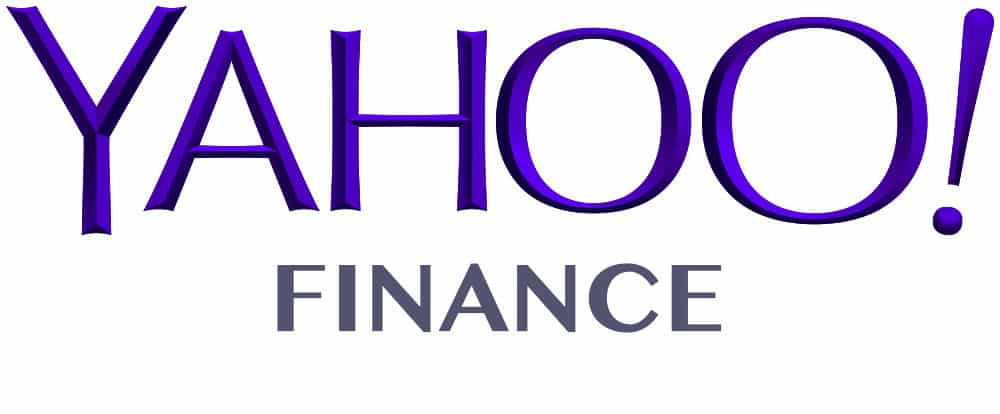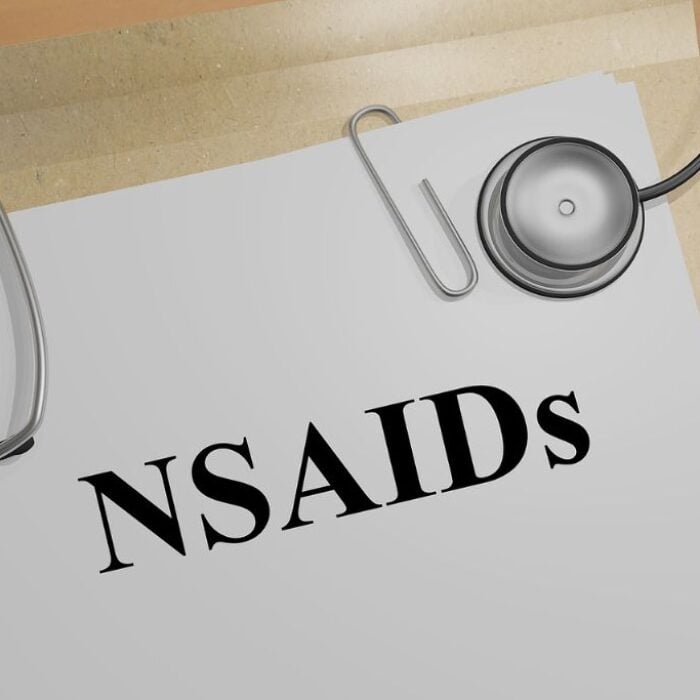WAISMANN METHOD® Supports Efforts to Combat Opiate Addiction and Overdose Epidemic
LOS ANGELES, Oct. 20, 2015 /PRNewswire/ — Following a sharp increase in opioid-related overdose deaths in the past decade, a recent study has found that monitoring practices could dramatically reduce opiate addiction in the United States. The Waismann Method Group is urging states to strengthen drug monitoring programs and invest in expanded access to opiate treatments. This multi-pronged approach has the potential to significantly reduce the rate of prescription drug overdose in this country.
Recent CDC Study Provides Clues to Effective Drug Monitoring Programs
Currently, monitoring of patient prescription patterns is governed on a state by state level. A recent study by the Centers for Disease Control and Prevention examined data from the new Prescription Behavior Surveillance System, which compiles state information on drug prescribing practices. The study found that twice as many opiate painkillers (e.g., oxycodone, Norco, Vicodin) were prescribed as benzodiazepines or stimulants. Furthermore, demographic factors such as socioeconomic status or ethnicity account for a very small amount in the variation in opiate prescriptions.
Perhaps most concerning is the finding that a relatively small number of doctors were responsible for a large proportion of painkiller prescriptions. For example, in Delaware, the top 1% of physician prescribers wrote 25% of the opiate prescriptions. Also alarming is the fact that many people receiving opioid prescriptions also received a prescription for benzodiazepines, despite the fact that this drug combination can cause serious adverse reactions.
According to Dr. Michael H. Lowenstein, Medical Director for the Waismann Method Group, the CDC study points to the need for standardized guidelines for opioid prescriptions. “At the Waismann Method Center, we see patients every day who suffer from addiction to Vicodin, Dilaudid, morphine sulfate, and other prescription opiates because of the irresponsible prescribing practices of some physicians,” said Dr. Lowenstein. “As a medical community, we need to identify ways to decrease patients’ reliance on these potentially dangerous medications. Establishing general guidelines for prescribing opiate painkillers is a good place to start.”
In conjunction with the study, the CDC released a draft list of guidelines for prescribing medical providers. These guidelines emphasize the importance of non-pharmacological therapy for the treatment of chronic pain. Non-pharmacological methods should be considered a first line of treatment for chronic, non-cancer pain. Physicians are also urged to discuss the risks and benefits of several pain management options with patients before prescribing opiate painkillers.
The guidelines also highlight the need to connect patients suffering from prescription painkiller addiction with treatment experts who can help them receive scientifically informed care. The Waismann Method® specializes in assessing patients’ needs and matching them with the treatment protocol that best fits their unique situation. Increasing access to these scientifically informed treatments is increasingly important as risk of prescription drug overdose soars.
The Waismann Method Center Combats Prescription Painkiller Addiction
The Waismann Method Medical Group has long been advocating for a solution to the growing problem of prescription drug abuse in the United States. By focusing solely on opiate addiction, the Waismann Method Center had helped thousands of patients’ transition back to healthier lifestyles. Michael H. Lowenstein, M.D., who serves as Medical Director for the Waismann Method Medical Group, is an internationally recognized authority on opiate addiction medicine and pain management. His extensive knowledge of prescribing practices, non-pharmacological pain management, and opiate addiction make him the most well suited physician, to assist patients achieve opiate-free lives. By utilizing the most advanced and effective medical detoxification procedures available, Waismann Method® offers treatment options for those suffering from opioid dependence. For more information about the Waismann Method Center’s approach to prescription painkiller dependence, visit www.opiates.com®.
Source: Yahoo! Finance
















